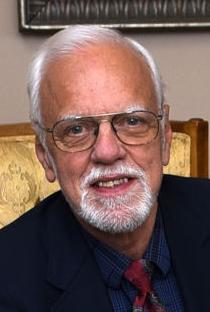A lot of statistics suggest that the institution of marriage is in trouble. Rates of divorce have steadily increased for nearly 100 years. The percentage of people who say they are satisfied in their marriages today is half of what it was during our grandparents’ generation.
And in recent decades, an increasing percentage of young people have decided not to marry at all. In his book "The All or Nothing Marriage," psychologist and relationship researcher Eli Finkel attempts to explain these facts and others that seem to contradict them. One interesting finding is that, although there are fewer people who describe their marriage as satisfactory, those few seem to enjoy a higher level of overall life satisfaction than ever before.

In other words, a happy marriage now seems to produce more contentment and fulfillment. In explaining these findings, Finkel reviews the work of Abraham Maslow, one of the founders of humanistic psychology. Maslow developed a theory of motivation based on what he called a hierarchy of human needs.
By hierarchy he meant that the things that are important to us develop in a certain orderly fashion. The most basic needs of our ancestors, who struggled to survive, were for food, water, shelter and safety. When these were satisfied, they became increasingly motivated by the needs for reproduction, community, love, self-development and creative expression.
For most of human history, our ancestors considered marriage the most effective way of satisfying bas.
















